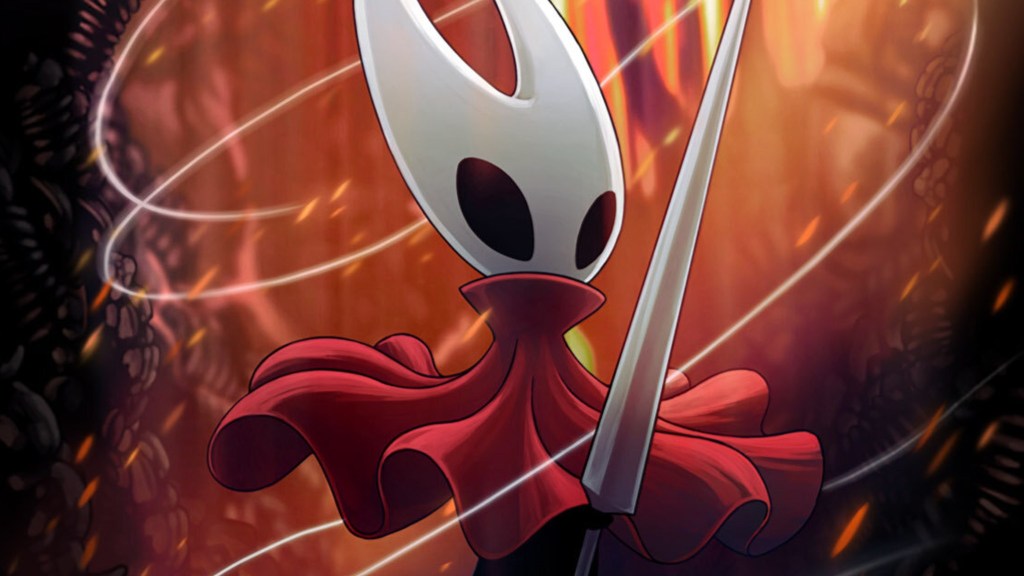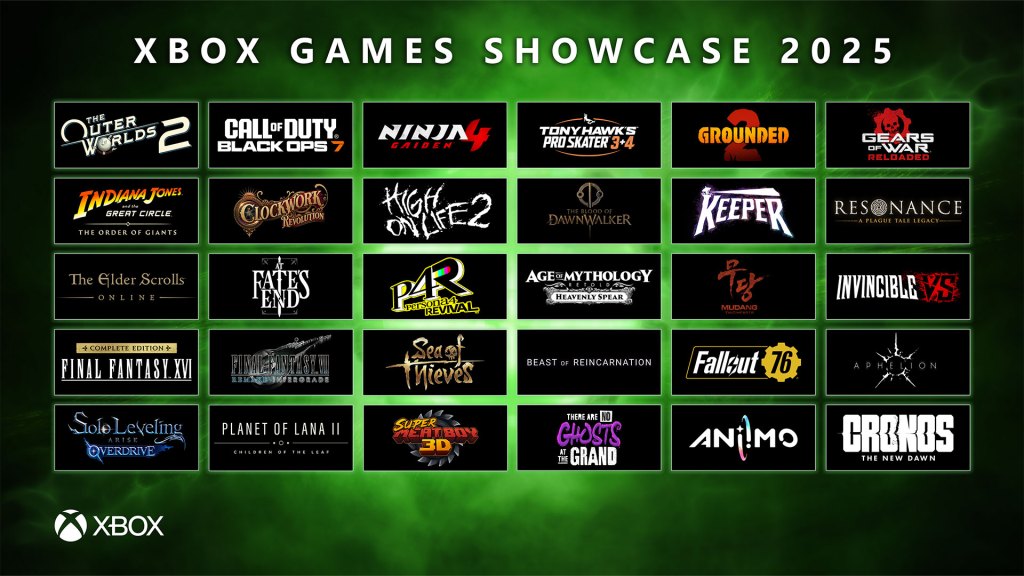Every video game enjoyer knows the disappointment of a game they’re anticipating getting cancelled, to the point where some announcements are taken with a grain of salt. Particularly when games are announced with few details other than the name and maybe some key art or a brief cinematic trailer, audiences find it hard to get excited when they’re not even sure if the game will actually be released or not. Xbox is the most recent perpetrator of this problem with Contraband‘s cancellation, but it’s by far from the only company guilty of announcing a game, going radio silent on it for some months or even years, and then cancelling it completely.
Videos by ComicBook.com
The Problem With Video Game Announcements

Anticipation is a great marketing tactic, but it can go too far when the wait between a game’s announcement and its actual release is long enough for fans to forget the game’s existence entirely. Contraband is another perfect example—it was announced in 2021 with a title card and a basic premise, and then it was radio silence until Avalanche Studios announced that development on Contraband had ceased in early August 2025.
The most egregious and topical example of a game being announced too early is Hollow Knight: Silksong. It was announced by Team Cherry in 2019, and it still hasn’t come out six years later. The game and news regarding its release are considered a joke in most online communities, with many people believing the game would never actually come out despite the lack of a cancellation announcement. Even with the Switch 2 Nintendo Direct proclaiming its release later in 2025, it’s still hard to believe that the game will be real thanks to years of broken or false promises that it was coming soon.
Another troubling trend in games marketing is the tendency of studios to prepare cinematics before the game is even in a playable state, sometimes even before production has really begun. This leaves potential players stuck in a sort of limbo, summarized concisely by u/FutureEditor on Reddit:
Years ago, the main worry after a game’s announcement was that it might not be the same as announced; now, it’s that the game might not come out at all. PlayStation announced The Last of Us in 2011 and it was released in 2013. Though it spent two years in development, there wasn’t really much worry that it would be canned. Now, it’s so common for games to get cancelled in production that players are unwilling to get their hopes up until a game has a release date, and even then, it’s not guaranteed. Bungie has indefinitely postponed Marathon after its recent alpha, and they’re not the only studio guilty of moving the goalpost for announced releases. However, industry reaction to studios doing this has been enough for some publishers to reevaluate their practices in recent years.
How Some Video Game Publishers Have Changed

In direct opposition to those studios who announce a game years before release, Electronic Arts (EA) didn’t announce Battlefield 6 until July 22, 2025, a week before its first reveal trailer. An open beta soon followed with an official release date of October 10, 2025. Unlike other studios, cadences of announcing games early in order to build hype and push huge marketing campaigns, EA has waited until it could ensure that a product would actually be delivered before drumming up hype. Not only did this give their audience something to actually be excited about, it also allowed them to reinforce players’ trust that EA is a company that follows through. Both audience and publisher benefit when publishers deliver what’s promised, and in a timely manner.
Microsoft seems to be following the same pattern with its 2025 releases and announcements as well—with over 30 games announced at June’s Xbox Games Showcase, and the majority of them with firm 2025 release dates, Microsoft is looking to reestablish some of the trust lost with Contraband‘s cancellation. After years of games being announced long before they’re beta-able, players are wary of getting too invested in something they’re not sure is even real. Now, it’s up to publishers and studios to work together to regain the trust they’ve lost.
What The Video Game Industry Should Do Going Forward

As is evidenced by EA and Microsoft’s shifts in focus, the best way to move forward and regain consumer trust is by focusing on the games that are actually coming out this year. Instead of announcing and teasing games that won’t see the light of day for years, studios and publishers should ensure the projects they currently have in development actually make it to players’ hands. Once they establish that they’re capable of follow-through, players will be more tolerant of long-term marketing campaigns.
One other piece of this whole issue to note is that many of the cancelled projects are due to a lack of funding, leading to a lack of manpower, an issue that’s plagued many industries and has led to huge layoffs in more sectors than just gaming. However, gaming has been hit particularly hard in the past three years or so, with major studios laying off thousands of developers who make their games possible, leading to cancelled projects. Maybe what’s needed is a general scaling-back of ambitions and a shift to producing high-quality games rather than massive, cutting-edge life-changers. Not every game needs to be the game of the year—most players would just be happy it came out at all.









